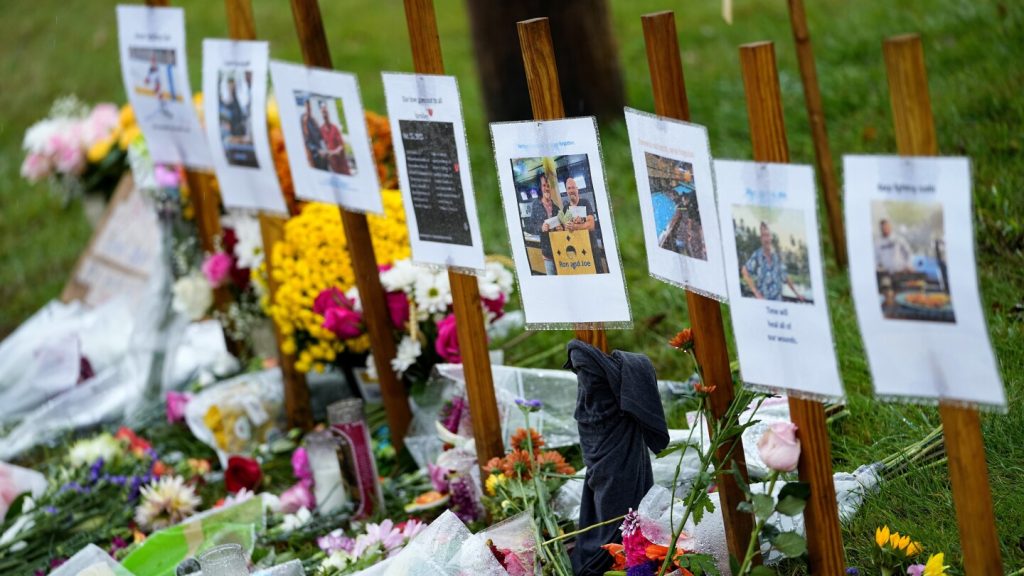After two separate deadly mass shootings in Maine and Iowa, lawmakers in both states took different approaches to addressing gun violence. In Maine, where an Army reservist killed 18 people in Lewiston, lawmakers passed a package of new gun restrictions aimed at preventing dangerous individuals from possessing guns and strengthening mental health services. The measures included a 72-hour waiting period for gun purchases, expanded background checks on private sales, a ban on certain firearm devices, and enhanced laws for removing guns during mental health crises. While a gun safety coalition praised the legislation, Republican state Senator Lisa Keim criticized it as exploiting a tragedy to push through previously stalled bills.
In Perry, Iowa, a fatal school shooting led to legislation allowing trained teachers and staff to carry guns on school property. This legislation built upon a previous law that allowed schools to authorize individuals to carry firearms. The new law requires teachers and staff to undergo gun safety training and obtain a professional permit, providing them protection from liability for using reasonable force. Large school districts are also required to have a police officer or security guard stationed at each high school. Republican-led legislatures in other states such as Kentucky, Nebraska, South Dakota, Tennessee, and Utah passed similar measures to expand gun rights in schools, while Wyoming allocated funds to reimburse schools for training employees to carry weapons on school grounds.
In contrast to the states expanding gun rights, Louisiana and South Carolina, led by Republican lawmakers, passed laws allowing concealed carry without a permit. The NRA supported these measures, bringing the total number of states with similar laws to 29. On the other hand, Democrat-led Delaware enacted legislation requiring fingerprinting, training, and a state permit for handgun purchases. New Mexico Governor Michelle Lujan Grisham signed laws imposing a seven-day waiting period for firearm purchases and prohibiting carrying firearms near polling places. These actions highlight the divide between states with differing ideologies on gun control.
Despite traditional party lines on gun policy, some lawmakers have bucked these trends. Republican Virginia Governor Glenn Youngkin vetoed several gun-related bills passed by Democrats but also signed restrictions on certain firearm devices and holding parents accountable for child access to weapons. Similarly, Republican Wyoming Governor Mark Gordon vetoed legislation to allow concealed guns in schools, citing concerns over exceeding the state constitution’s separation of powers provision. High-profile shootings have also influenced legislative action, with Missouri lawmakers avoiding debate on bills exempting guns from taxes and allowing concealed carry on public transportation following a deadly shooting at a public event.
The response to gun violence at the state level reflects the broader divide in American society on gun control. While some states have chosen to expand gun rights and allow more firearms in schools, others have prioritized stricter regulations and waiting periods for purchases. The ongoing trend of state legislatures passing firearms legislation highlights the complex challenges and differing perspectives on public safety, mental health, and individual rights in the United States. Each state’s response to tragedies like mass shootings underscores the need for continued dialogue and action to address gun violence in the country.


